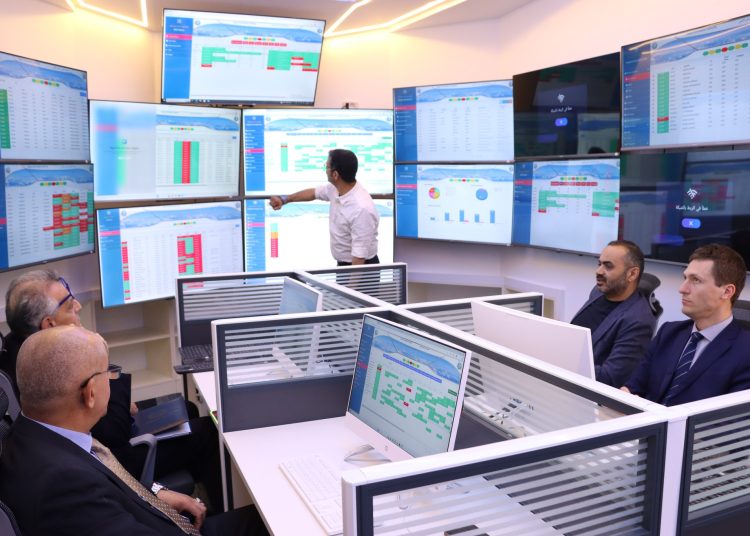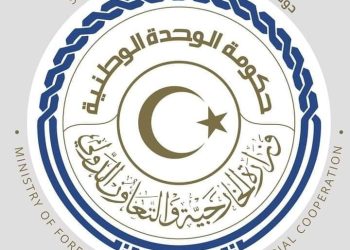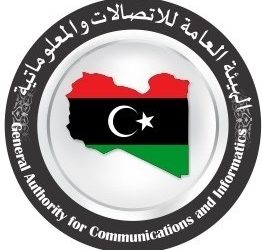At the headquarters of Libya’s Civil Aviation Authority in Tripoli yesterday, a meeting was held in which the Undersecretary of the Ministry of Transport for Aviation Affairs, Khaled Al-Swesi, and the Head of the Civil Aviation Authority, Mohamed Ishlebek, discussed the restrictions imposed by the Italian government on Libyan airlines with the Italian Ambassador to Libya, Giuseppe Grimaldi.
The meeting was also attended by the Rapporteur of the Communication Committee with the Italian side to restore air traffic between the two countries, the head of the Airports Authority, Mohamed Fustawi, and the Director of the Airport Safety Standards Office for North Africa and the Middle East.
Libya serious about resuming flights with Europe
Speaking exclusively to Libya Herald, the Undersecretary of the Ministry of Transport for Aviation Affairs, Khaled Swesi, the meeting with the Italian Ambassador was at the request of the Ministry Transportation in the Tripoli government of Abd Alhamid Aldabaiba. Swesi confirmed that the Tripoli government is seriously seeking to reopen all European airspace to Libyan aircraft, as well as the resumption of European air traffic to Libyan airports.
Reasons for flight ban discussed
Swesi added that the reasons preventing the Libyan civil aviation authorities from flying over Italian airspace were discussed, as well as the reasons for the flight ban imposed by the European Union on aircraft registered in Libya.
Safety reasons prevent resumption of flights
According to Swesi, all the reasons for Libya’s flight ban mentioned by the European Union are related to the conditions and controls of civil aviation safety that must be met at the time of flying over the countries of European Union.
Yet flights to Tunisia, Egypts, Turkey, Malta, Greece are ongoing
However, Swesi said these are basically the same as the conditions of all countries of the world, including the Arab countries, Turkey, Malta and Greece, whose airports receive daily Libyan aircraft that have achieved the highest conditions of security and safety, and it did not take any action that threatens the safety of international aviation and did not violate the international rules and regulations related to civil aviation.
Safety conditions have been met in all Libyan airports
Swesi said that among the reasons for banning Libyan aircraft from flying in Italian and European airspace is the availability of safety controls and conditions for civil aviation within Libyan airports. These conditions have been fully activated in all Libyan airports in cooperation with the competent security services and the customs authority as well as health authorities,
Visiting inspection aviation delegations a witness to security and safety achievements
He said this fact is witnessed and testified to by the numerous foreign aviation authorities that have inspected Mitiga, Benina and Misrata airports over the last few years, witnessing the commitment of the Libyan authorities to the controls imposed in this regard, including the application of security rules related to the provision of high-precision inspection devices with the provision of security personnel trained to implement the safety conditions of international civil aviation.
Swesi concluded by saying that a practical presentation was made to the Italian ambassador in order to set up a mechanism to lift these restrictions, after the making of a visual presentation regarding fulfilling the requirements for lifting the air embargo, in addition to the steps taken in implementing the programme to enhance civil aviation security.
He also revealed that it was agreed on the deadlines for the field of work required to implement a set of simple requirements.
For his part, Libyan Civil Aviation Authority reported that the Italian ambassador to Libya expressed his ‘‘great gratitude and full support for the mechanism that has been accomplished, stressing that he will convey a clear picture to the Italian Civil Aviation Authority’’. It also reported that the two parties also agreed to a visit by the Italian civil aviation technical team to Libya.








